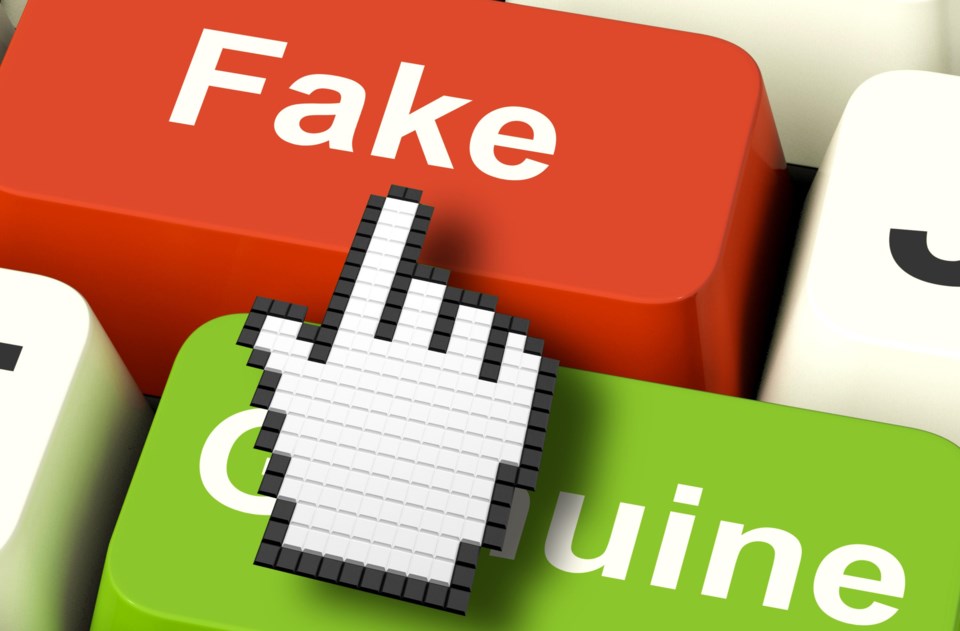Dear Editor:
Re: “Fake news invites real response in Richmond,” Column, March 3.
In an era increasingly defined in relation to “fake news,” “alternative facts,” and “bubble filters,” it would be worthwhile to try and understand why some people choose to perceive things in particular ways, even when evidence would indicate that those beliefs are invalid and unjustifiable.
Why can seemingly rational people become totally irrational, even when it is clearly obvious that believing in something or someone could actually work against their best interests?
This can, in many ways, be attributed to what psychologists and cognition researchers call “confirmation bias” — the tendency people have to embrace information that support already held beliefs and reject information that refutes or threatens those beliefs. We are all guilty in some ways and in varying degrees of engaging in this type of “faulty thinking” or “faulty reasoning.” Life is very complex and challenging and the work involved in trying to conduct a comprehensive and objective analysis of important claims is something most people are not willing to devote time to. It is far easier just to uncritically affiliate oneself with an established value system and maintain that stance no matter what new information might reveal about the legitimacy of those points-of-view.
This inclination is related to the deep-seated need we human beings have for socialization and tribalism — next to satisfying our food, shelter, and safety needs, we need to be part of a tribe and enjoy all the experiences and benefits that come with being part of a group that shares and abides by the same values and rules (Maslow’s Hierarchy of Human Needs). And, we depend on these affiliations to define our identities and our worth.
Objective, non-biased critical-reasoning and analysis is not only hard work but it can also be very dangerous because it can lead to possible re-evaluations and even re-adjustments to one’s belief-system and many people are simply afraid to take that risk. Much easier and safer to just find a tribe and/or a set of beliefs that provide the most comfort and which support our entrenched opinions and then help defend those against the relentless forces of reason and logic.
It’s easy — just start by labelling any information you don’t like or feel uncomfortable thinking about as “fake news.” If the leaders of the world’s most powerful nations can do it, so can you.
Ray Arnold
Richmond



